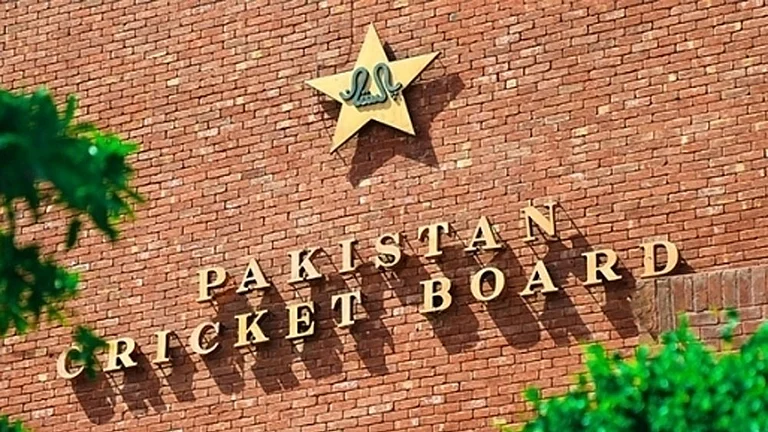China relaxed its stringent zero-Covid restrictions in several cities after public protests and stepped up security across the country on Thursday as it braced for next week's high-profile funeral of former president Jiang Zemin who died a day earlier.
Flexible measures were implemented across China to ensure people's livelihoods amid the cold front, the official media reported.
After protests against zero-covid lockdowns, China’s top industrial and business hub Guangzhou lifted temporary restrictions in some regions and officially allowed qualified close contacts to be quarantined at home instead of in temporary shelters.
Such announcements relaxing the Covid curbs were announced in Beijing, Shijiazhuang, Taiyuan besides several other cities, the official media reports said.
Beijing witnessed mixed lockdown covid policies. While some buildings went into lockdown on Thursday, all over the city people complained that many of the Covid testing centers have been closed following complaints of people getting infected while standing in long lines.
Vice Premier Sun Chunlan, who headed the anti-covid fight for the past three years, has signalled a new chapter in the country's pandemic response with small, progressive refinements to restrictive measures, in a sign the zero-Covid policy may be gradually phased out.
In a meeting with experts from the National Health Commission on Wednesday, Sun also acknowledged that the Omicron variant is more transmissible but less deadly, according to state news agency Xinhua.
Sun said the country is “facing a new situation and new tasks as the pathogenicity of the Omicron virus diminishes, vaccination becomes more widespread and experience in prevention and controls”.
It is the first time a senior official has acknowledged the change in the nature of the virus without the usual caveat that Omicron could still lead to more deaths in China because of its large population – an argument that has previously been used to justify the country's strong Covid-19 controls, Hong Kong-based South China Morning Post reported.
There is a sense of disquiet in Beijing over the weekend anti-zero covid protests in which slogans calling for President Xi Jinping to step down were raised coinciding with the death of former president Jiang.
China security apparatus well honed to deal with protests
When it comes to ensuring the security of their regime, China's Communist Party rulers don't skimp.
The extent of that lavish spending was put on display when the boldest street protests in decades broke out in Beijing and other cities, driven by anger over rigid and seemingly unending restrictions to combat Covid-19.
The government has been preparing for such challenges for decades, installing the machinery needed to quash large-scale upheavals.
After an initially muted response, with security personnel using pepper spray and tear gas, police and paramilitary troops flooded city streets with jeeps, vans and armored cars in a massive show of force.
The officers fanned out, checking IDs and searching cellphones for photos, messages or banned apps that might show involvement in or even just sympathy for the protests.
An unknown number of people were detained and it's unclear if any will face charges. Most protesters focused their anger on the “zero-COVID” policy that seeks to eradicate the virus through sweeping lockdowns, travel restrictions and relentless testing. But some called for the party and its leader Xi Jinping to step down, speech the party considers subversive and punishable by years in prison.
While much smaller in scale, the protests were the most significant since the 1989 student-led pro-democracy movement centered on Beijing's Tiananmen Square that the regime still views as its greatest existential crisis. With leaders and protesters at an impasse, the People's Liberation Army crushed the demonstrations with tanks and troops, killing hundreds, possibly thousands.
(AP Inputs)





















